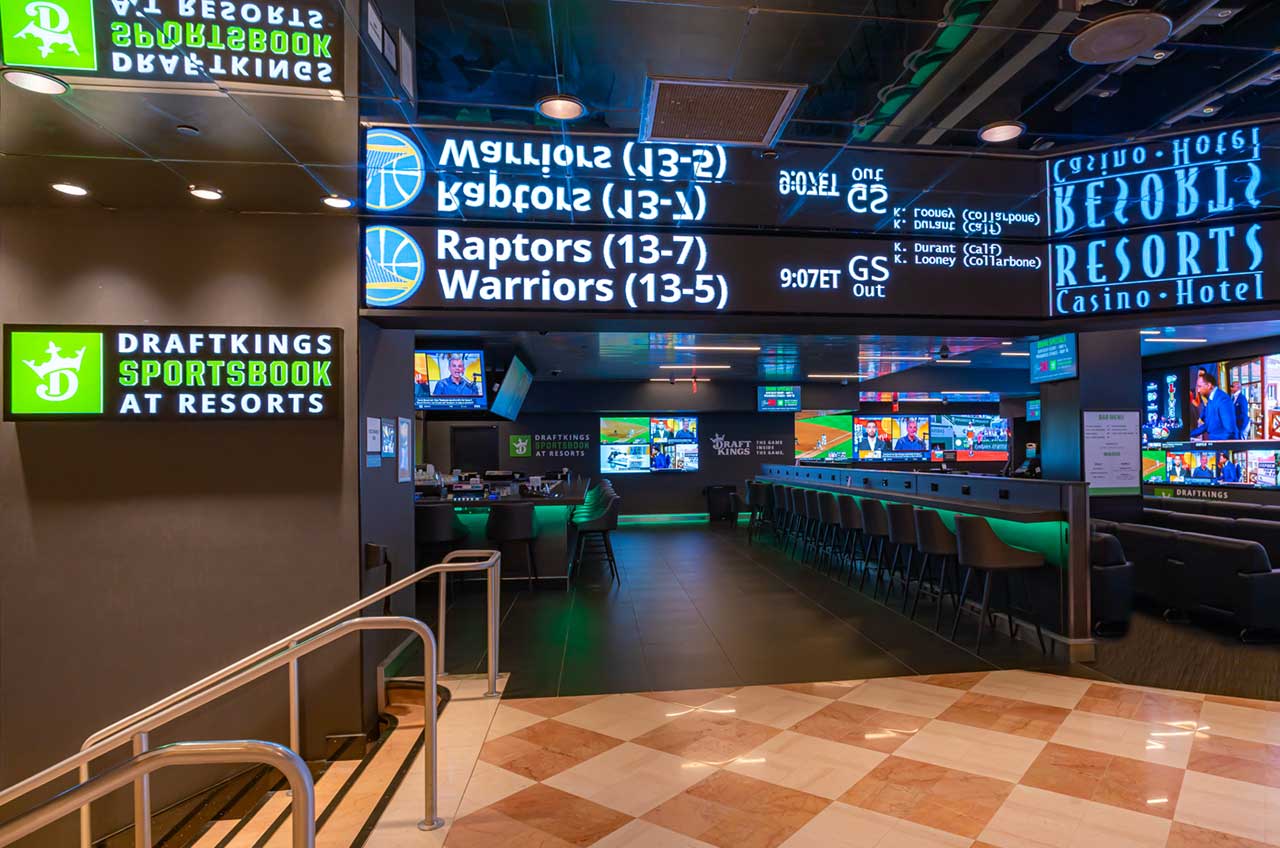NJ Fines DraftKings $10K For Violating Self-Exclusion Rules


DraftKings ponied up a Big Dime to New Jersey gaming regulators for improperly contacting banned bettors.
The state’s Division of Gaming Enforcement (DGE) ordered the NJ sportsbook operator to pay a $10,000 fine for sending promotional materials to 11 individuals on the self-excluded list.
According to public documents released Wednesday by the DGE, a complaint was filed against DraftKings last month. March also happens to be Problem Gambling Awareness Month.
NJ self-exclusion rules are in black-and-white
DraftKings was penalized for violating the Casino Control Act, the law regulating all gaming in NJ.
Specifically, the law states anyone on the banned list, “is required to be excluded or ejected from a casino hotel facility or from participating in Internet gaming.” The iGaming provision in the law applies to online casino or sports betting.
As a result, DGE Director David Rebuck signed off on a settlement between the state and DraftKings on March 18.
Tim Dent, senior vice president of regulatory operations for DraftKings, addressed the matter Wednesday.
“Nothing is more important than providing a safe experience for our customers and we remain committed to operating an industry-leading approach to customer protections,” he said via email.
DraftKings has paid out to NJ before
DraftKings, New Jersey’s second-highest performing online sportsbook, has run afoul of the state’s gaming regulations before.
The DGE levied a $2,000 fine against DraftKings in 2019 for sending promotional emails and direct marketing to self-excluded customers.
That same year, the DGE ordered DraftKings to pay another $5,000. In that instance, 54 customers who requested a cooling-off period were able to place online wagers. DraftKings said a software glitch accidentally set the “cooling off” period to zero days.
NJ is serious about this stuff, guys
The DGE does not take violations against the state’s self-exclusion list lightly.
William Hill Sportsbook was ordered to pay a $26,500 penalty in August 2019 for allowing 16 self-excluded patrons to wager online.
iGaming Cloud paid a $7,000 fine in 2019 for allowing self-excluded players to create online accounts and wager.
In 2015, NJ gaming regulators hit Caesars Entertainment’s digital operator with a $15,000 penalty for permitting five banned individuals to make online wagers.







